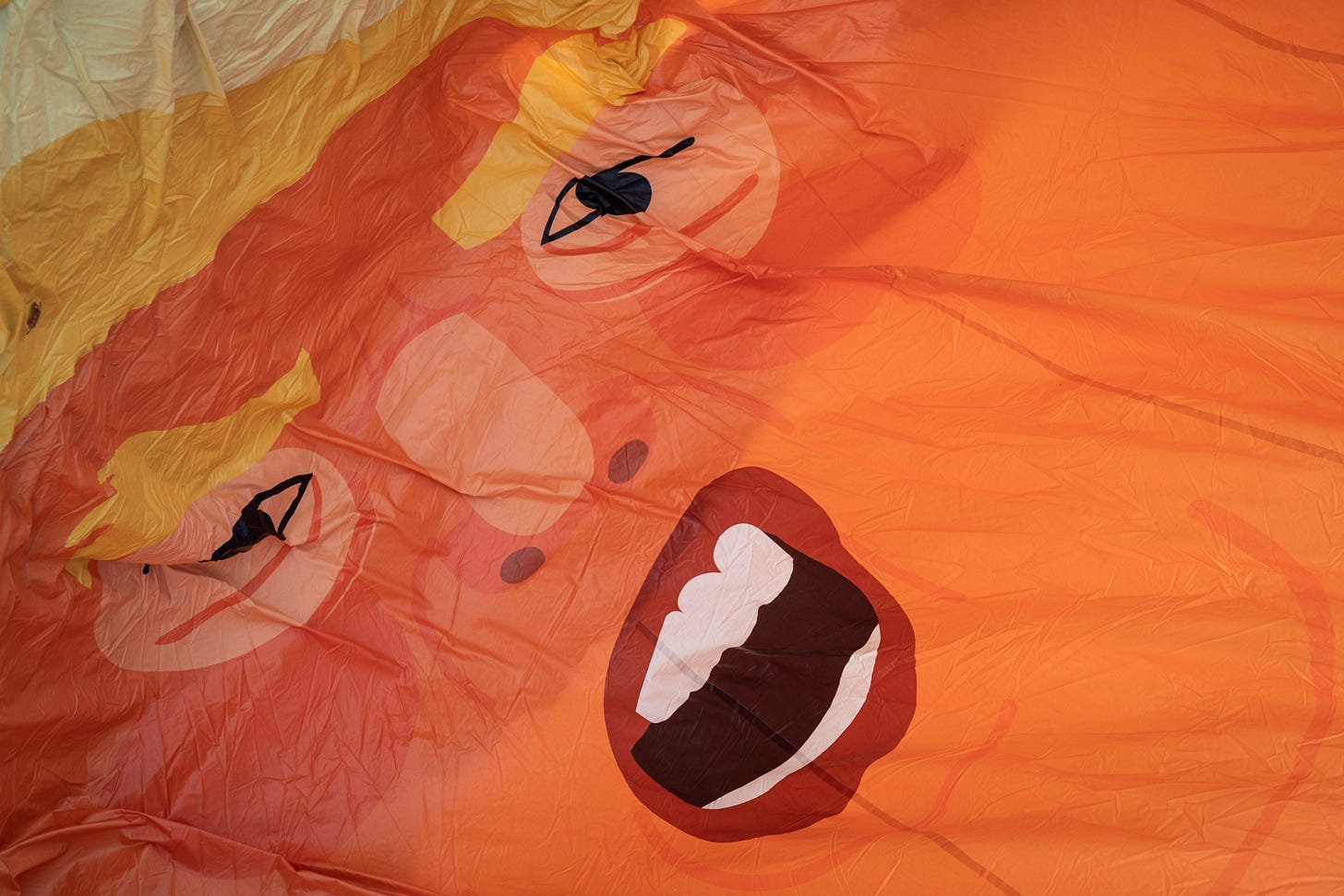The Fruits of Trump’s Arrogant Pride and Twisted Love of Fame
“Nothing left to be done in the way of building up, he would set boldly to the task of pulling down.”

We have all heard any number of explanations for President Donald Trump’s seemingly erratic behavior. They range from the psychological—he’s insecure, narcissistic, and megalomaniacal—to the folksy—he’s childish, selfish, immature—to the calculating—he measures his worth by wealth as well as his ability to dominate “deals.”
Let me add to these plausible explanations another—one potentially more dangerous. Yes, wealth (or, especially, being viewed as wealthy) is rooted deep in his self-understanding. But let’s look at his “calculation” in more than economic terms. His vision of his own greatness has ingredients beyond the monetary: It also includes sexual conquests, whether easy or forced; the ability to raise up friends and destroy enemies at will; plus all the varied aspects of love of power seemingly exercised for its own sake but, more often, used to control or humiliate those who might cross him. These desires may seem wanton or self-defeating, but he pursues them with a singleness of purpose that have all the hallmarks of calculation.
But calculation toward what end, what purpose? He is a rabid self-promoter, but to stop there is to put too easygoing a name on it. What he seems on every level to love is fame—notoriety, celebrity, importance. It matters not if fame comes from good works and admiration or from hatred and contempt: It all leads to the same glory—he came, he saw, he conquered.
Now the love of fame is an odd attribute, perhaps especially in a democracy. Hamilton in The Federalist refers to it as “the ruling passion of the noblest minds.” When love of fame is linked to doing right by one’s country, the judgment of history can give such a statesman and his name a kind of eternal life.
Hamilton understood the limits and the perils of this passion when thwarted by legal obstacles or public rejection. But it remained for Lincoln, in his famous Lyceum address in 1838, to make the dangers of this all-consuming love of celebrity and fame most clear: While America remained an experiment in self-government, “all that sought celebrity and fame, and distinction, expected to find them in the success of that experiment.” But the experiment in liberal self-government has succeeded, and new “men of ambition” will “naturally seek the gratification of their ruling passion, as others have so done before them.”
But can that gratification be found in supporting and maintaining an edifice that has been erected by others? Hardly. “Towering genius”—or, just as bad, he who sees himself as such a genius—“disdains a beaten path.” An American Caesar would see scant distinction in adding increments to our greatness; he would scorn, in Lincoln’s words, “to tread in the footsteps of any predecessor.” With Trump’s re-election chances dwindling, and with little to satisfy his thirst for fame by any gracious departure, the surest path to world-historical distinction would now be, as Lincoln warned, to “set boldly to the task of pulling down.”
With other avenues of greater fame becoming closed off to him, to undermine and perhaps destroy the confidence of Americans in the worth or even the possibility of self-government would be the last, most incredible thing Trump could do. To proclaim that the election is already rigged against him and thus he needn’t respect a fraudulent result; to declare that whole categories of voting, whether early or by mail or absentee, are subject to massive manipulation and have already made the election fixed; to declare that the media are his enemies and the enemies of the people (and have his attorney general mouth the same slander) and that their reporting should be disbelieved; to continually divide the American people and then hint at civil war; to encourage his armed militias and his “Second Amendment people” to stand by and be prepared—these and so many more offenses to democratic government suggest that we may not be in for an easy or rational transfer of power but perhaps the most massive attack on American self-government that we will have experienced since the Civil War.
While it’s possible that the next few months will be merely bumpy but manageable, it seems far more likely that it will take everything in the arsenal of democratic government—political maneuvers, legal battles, protests, demonstrations, public anger, and steadfastness—before we see the end of this.
And all because of an arrogant would-be tyrant and an overweening pride and a twisted love of fame.

